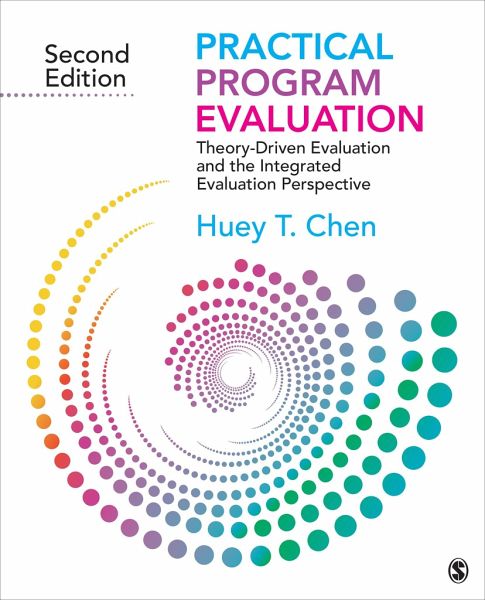Nicht lieferbar

Practical Program Evaluation
Theory-Driven Evaluation and the Integrated Evaluation Perspective
Versandkostenfrei!
Nicht lieferbar
provides many new tools to enrich the evaluator's toolbox. * * * * * * *

Theory-Driven Evaluation and the Integrated Evaluation Perspective
Rechnungen
Bestellstatus
Retourenschein
Storno